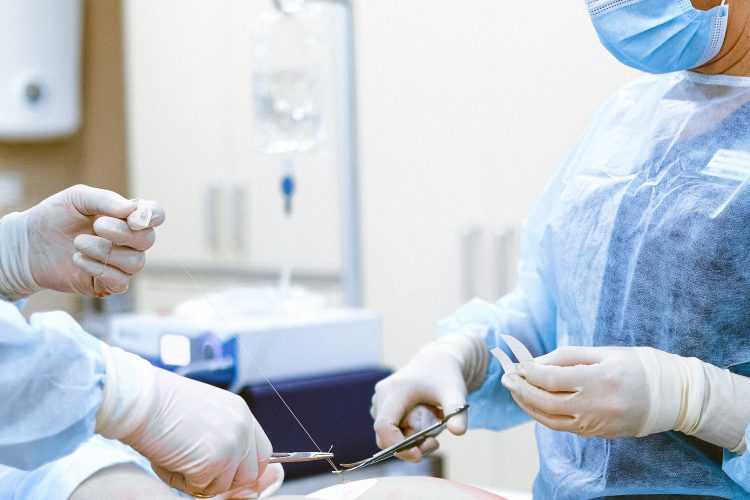Surgery words often give goosebumps to people who are sensitive by nature. It is a fact that there are some possible complications and risks involved in the surgery, but fortunately, advanced medicine has minimized these issues.
Donors also have fears about the surgery, but their general surgeons share with them every possible reaction, so they can make a better decision. Every person who goes under surgery feels different types of discomfort, and it also depends on their physical health and immune system.
You need to discuss every possible risk and complication with your surgeon. One of the best General Surgeons in Islamabad shares some question that you need to ask your doctor:
- Is there an alternative to surgery?
- How’s your physical health? Are you at risk of heart or other body organ infections?
- Do you have the ability to tolerate anesthesia?
Such queries will help you to clear up your mind and let you decide regarding your surgery. You should also learn about the complications and risks of the surgery.
Common Surgical Complications
-
Wound Infection
You can expect an infection if some bacteria enters through your incision part. It can make your wound long-term healing and can also damage other body parts and organs.
Such infections can cause issues to blood tissues. Doctors strictly advise the patients to complete the antibiotic course to avoid bacteria contact.
-
Severe Bleeding During Surgery
Surgeons easily deal with normal bleeding during surgery, but it can go beyond normal and cause issues. General surgeons often terminate the surgery or prefer transfusions. You should talk to your doctor as it is prohibited in many religions.
-
Breathing Issues
Many patients do not require ventilators after the surgery. But it does not happen with all of them. Many cases have been reported where the patients had breathing issues and required rehabilitation facilities to strengthen their breathing. People who smoke or have lung issues need a ventilator for longer.
-
Injury
It might be possible that your surgeon mistakenly damages the other body organ or tissues during surgery. Your doctor can detect the injury on the spot, or your medical staff can detect your injury after surgery when you feel symptoms or not healing as expected.
-
Urinary Retention
Urine retention may occur after the surgery. It is the inability to empty the bladder that many patients may suffer from. Such blockage is caused by the anesthetic, which can be treated by the insertion of a catheter as it helps to regain bladder control.
-
Scarring
Almost every patient who goes under surgery is at a high risk of scarring. You should talk to your doctor about the incisions that will be made.
Transparent discussion about the scarring risks and complications with your doctor can help you to minimize them.
-
Swelling
Swelling is normal and expected after surgery. It depends on what surgery you will have, minor or a major one. The general surgeon will help you know how much and for how long you can experience the swelling after surgery. Different types of medications increase the speed of recovery of your wound.
-
Blood Clots during Recovery
People who go under surgery are at high risks of physical inactivity, which causes blood clots. Blood-thinning medicines help the patients to avoid blood clots in the body. Such blood clots can be dangerous if they begin to move in the body and can cause brain attacks or develop lodges in the lungs.
-
Pneumonia
Lung inflammation is a risk that can occur after surgery. Surgeons often advise the patients for deep breathing during recovery. Such practice will expand your lungs and minimize the risks of pneumonia.
Final Thoughts
It is crucial to talk in detail with your general surgeon about the surgical complications and risks, according to Begum Jan Hospital experts. Doctors also recommend having a diet plan from a nutritionist. A healthy diet plan includes vegetables that have natural healing powers, such as carrots, sweet potatoes, Brussel sprouts, broccoli, sweet bell pepper, etc. You should keep your follow-up appointments as it will help you heal faster, and your doctor examines any infection if you are suffering from it.




